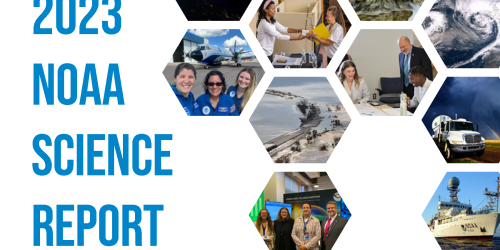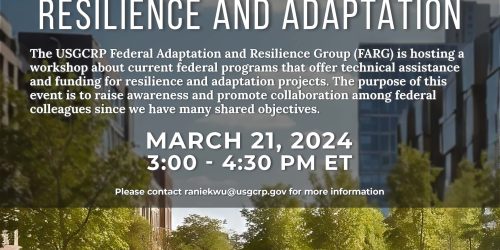A new research report, co-authored by CPO Climate Variability & Predictability (CVP) program-funded scientist Dr. Aneesh Subramanian, identifies the current state of artificial intelligence (AI) and machine learning (ML) in climate science, their benefits, and potential steps to take to improve their functionality. Published in the Philosophical Transactions of the Royal Society, the report highlights findings from a 2019 Oxford workshop on Machine Learning for Weather and Climate.
For atmospheric science, experts view the post-processing of weather and climate model output as the most likely candidate to see benefits from AI and ML. The importance of AI post-processing stems from its potential to act as a bridge between the physical representation of the atmosphere provided by numerical weather prediction and the decision-making requirements of end-users. In the climate field, downscaling using AI could save vast amounts of computational power and time while maintaining accuracy.
According to the report authors, a speedy and successful post-processing AI and ML community is predicated on four features: trustworthiness, interpretability, usability, and technique. In their workshop report, the authors call for the development of a data repository for fast development of post-processing techniques, data standardization methods (FAIR), studies on interpretability methods, metadata and model documentation for labelled training data, and lastly a database of recorded AI failures to limit any duplication of effort across the research community.
Community trust in the output of AI-post-processed model runs could lead to faster discovery and deeper understanding of weather and climate simulations. Community acceptance of AI and ML techniques, however, depends entirely on the development of interpretability methods and statistically rigorous proof of model improvement. In the spirit of their own call for action, the report authors have started a repository of datasets representing a range of weather and climate problems with which to test AI and ML methods.










